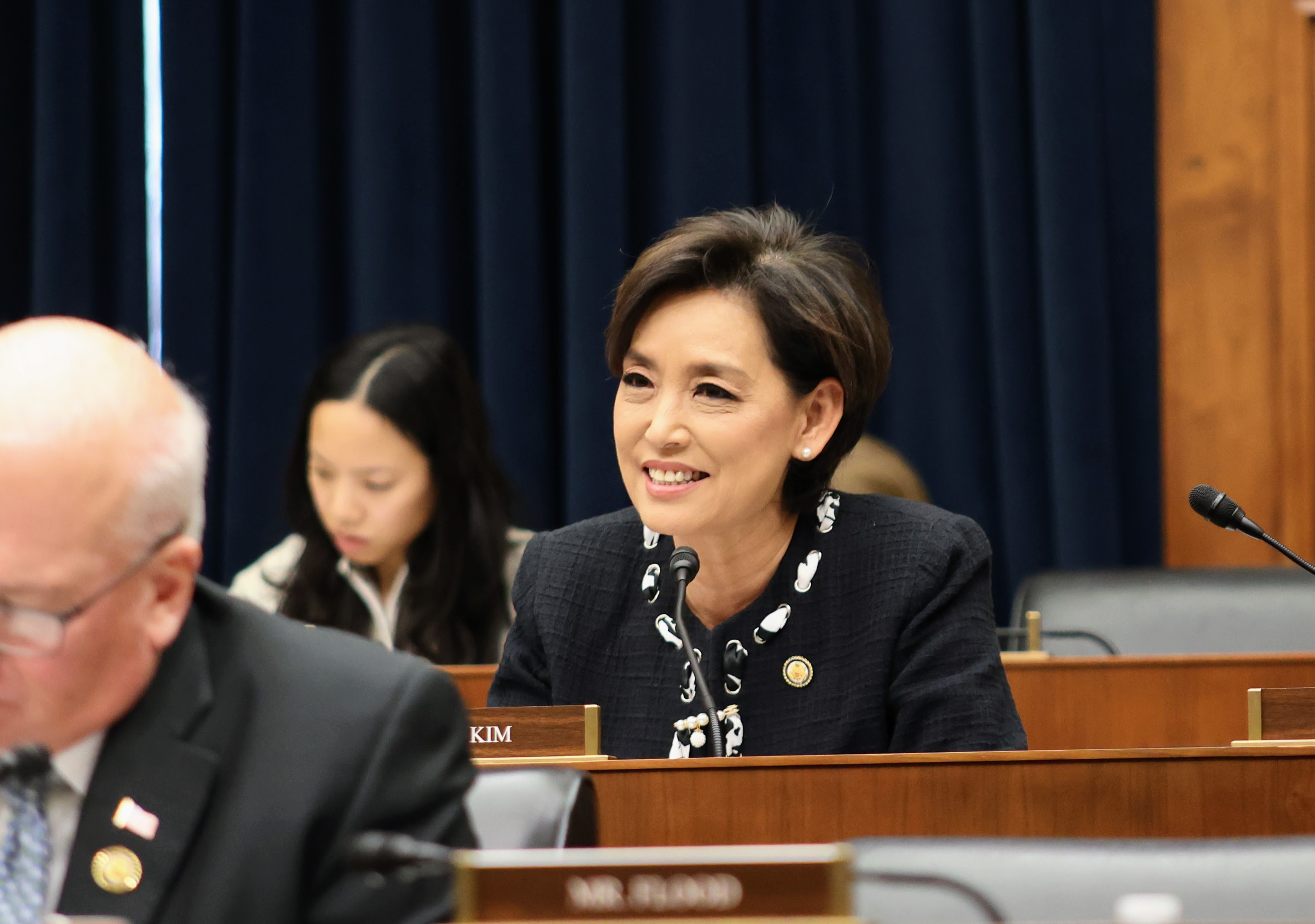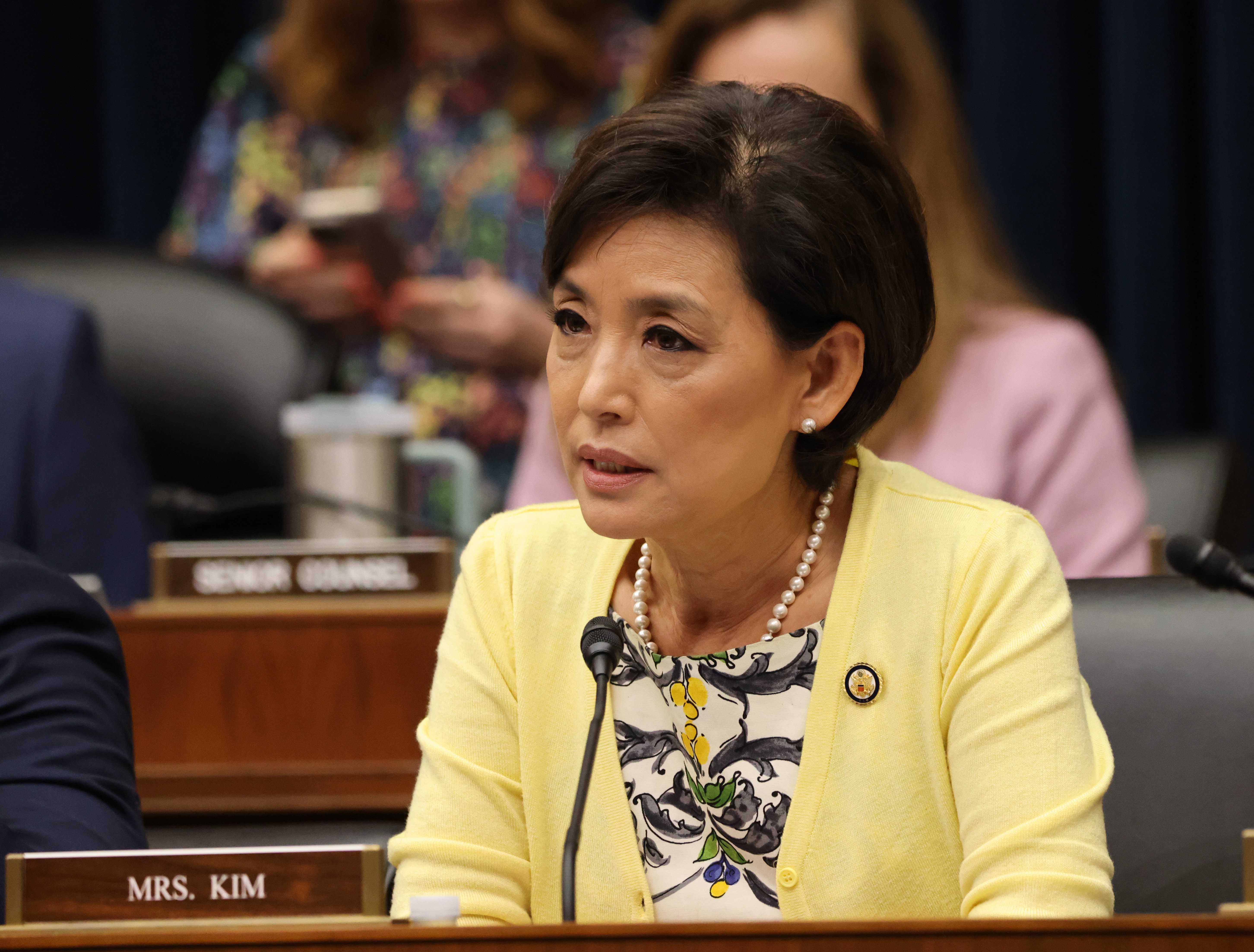Boosting religious liberty worldwide could help resolve contentious issues such as the Middle East crisis and the war in Ukraine, prevent genocide and promote democracy, the co-chairs of next week’s International Religious Freedom Summit 2024 say.
Global crises magnify the importance of guaranteeing religious liberty everywhere, said Katrina Lantos Swett, president of the Lantos Foundation for Human Rights & Justice, and Sam Brownback, former U.S. ambassador-at-large for international religious freedom.
The two-day International Religious Freedom Summit, which opens Tuesday in Washington will be preceded by a Congressional Advocacy Day. Dozens of Capitol Hill offices will receive event delegates lobbying for increased focus on freedom of religion or belief, Ms. Swett said.
In addition, several panel discussions on religious liberty issues will be held to brief congressional staffers.
Mr. Brownback said the Israel-Hamas war, triggered by the Palestinian militant group’s Oct. 7 terror attacks on southern Israel, highlights the need for interfaith tolerance and understanding.
“I think what’s going on in the Middle East really just puts the exclamation point on what we’re doing,” he said. “Here it is again — antisemitism in the rawest fashion showing itself. It’s not dead in the world; it continues. The Jews have often been an initial attack point of people that don’t respect minority religions.”
he American model of government, which has religious liberty at its heart, “is vastly superior to the Chinese Communist Party dictatorial model that sees religious liberty as an existential threat,” he said.
By highlighting “this basic fundamental difference in these two systems that are competing so aggressively in the world together,” the ideal of religious liberty in American democracy “is an ace card for us with the global community,” Mr. Brownback said.
The 2024 summit comes amid rising tensions between China and Taiwan, and the Sudanese military and the Rapid Support Forces paramilitary group, as well as in Nicaragua, where the Catholic Church is under attack from the Ortega government.
Embracing religious liberty will “help us reduce, if not eliminate, genocides because 9 out of 10 genocides are [against] a religious minority. … This movement for religious freedom is so central to a number of deep concerns in the world today and foreign policy problems,” Mr. Brownback said.



